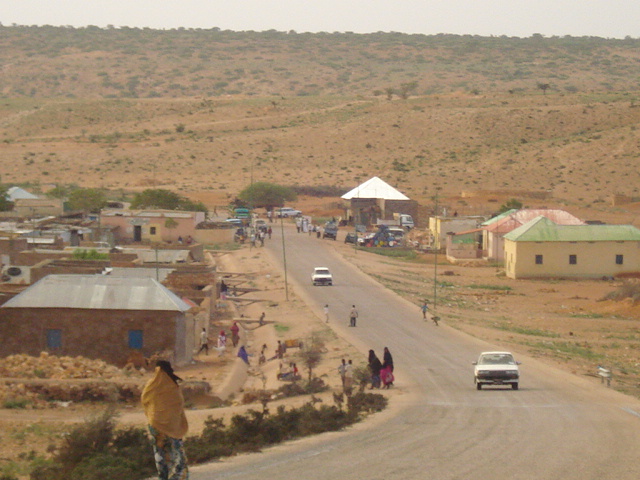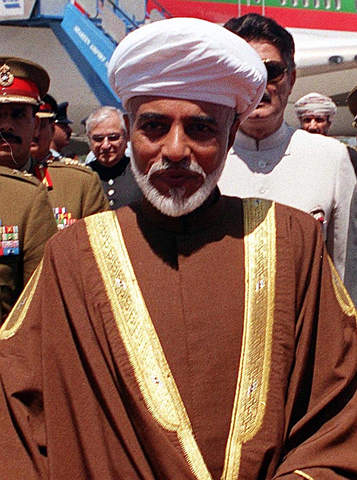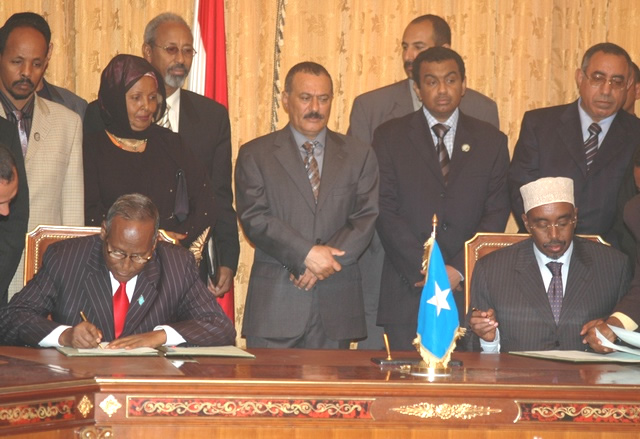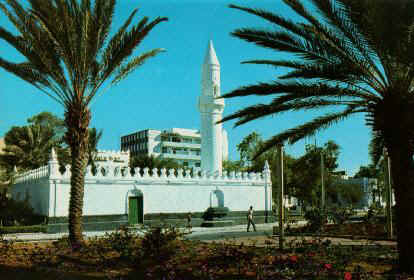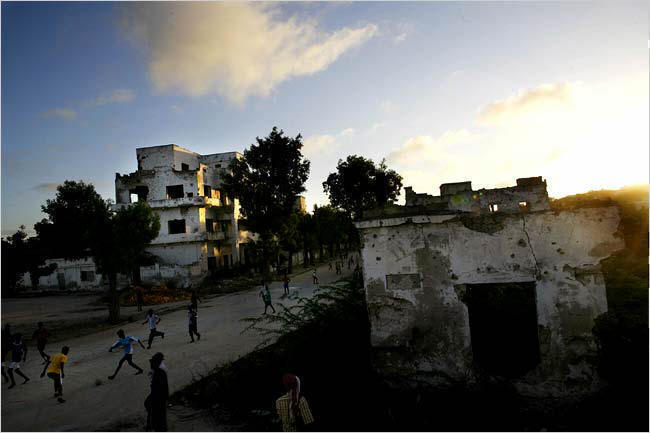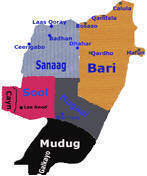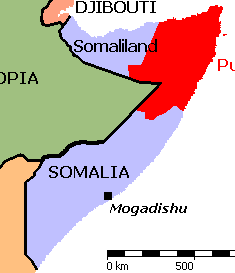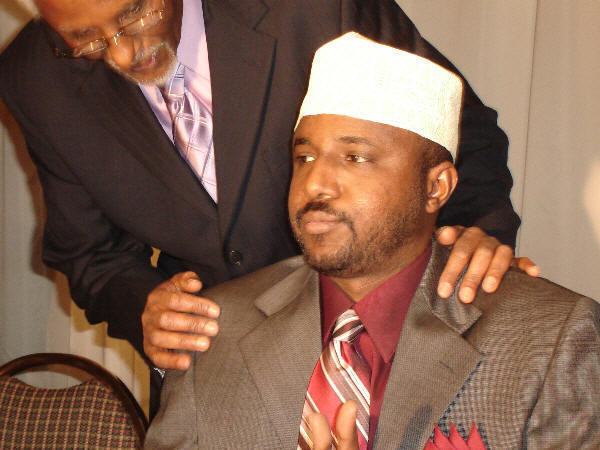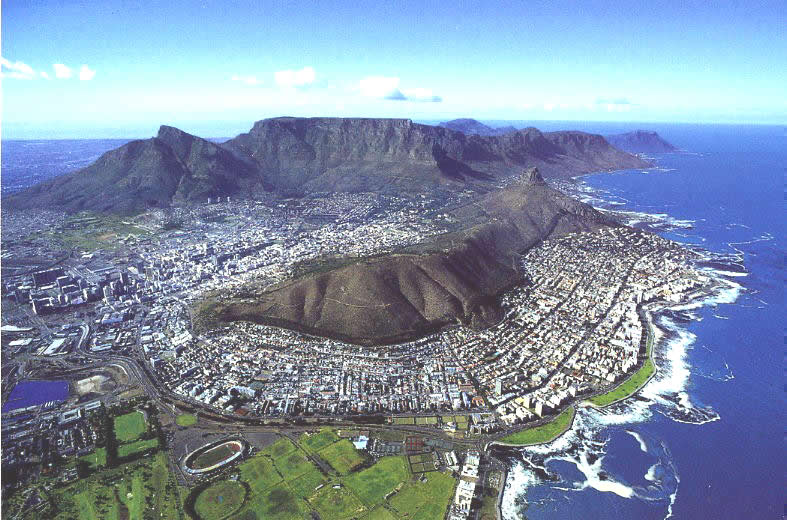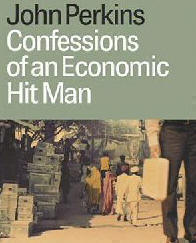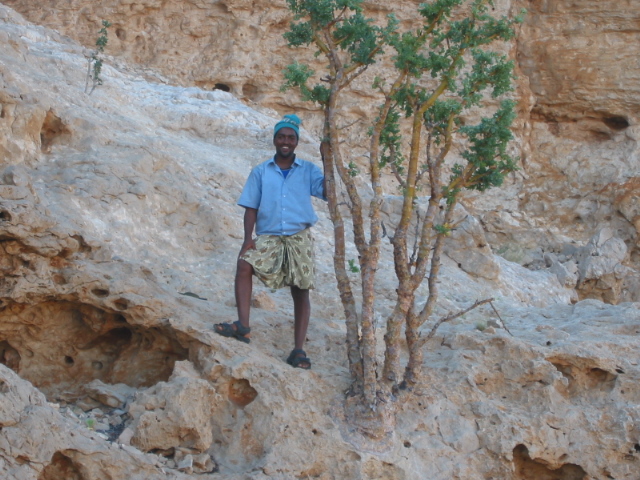
Opinion
`Don`t Force Statehood On
by Prof Said Samatar
November 08, 2011
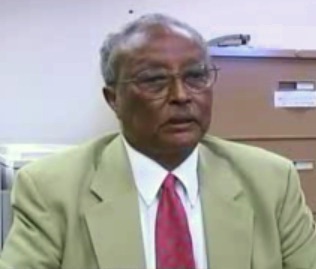
My initial impulse in perusing Richard Dowden`s piece Don`t Force Statehood on Somalia [Read below] was to cry �BLOODY MURDER!�-he must, as I have persuaded myself, have had access to an article I penned a couple of years back entitled �America, Pray Leave Somalia to its Own Devices� (published first in Journal of Contemporary African Studies, v. 28, no. 3 July 2009. 313-323.)
But I then realized that certain temperaments tend to come up with identical visions/solutions without knowing of each other! Don`t just laugh here, gawk! His suggestions for nudging wayward
Mr. Dowden does not need my help, as he is surely capable of defending his small niche of an argument - or to pastoralize it - to protect his herd of camels against tribal interlopers. Still, in pointing to Switzerland as a potential political model for Somalia Mr. Dowden, if I understood him, was uninterested in tracing the torturous route by which Switzerland became Switzerland, nor in trying to draw a comparative parallel in the histories of the Swiss and hapless Somalis. He was only, again if I understood him, referring to the tiny mountainous, heterogeneous country`s success in creating for itself autonomous communities of prosperous self-governing units, thereby becoming the `Wunderkind` of
Two further points. One is a trifling kvetch: the word Gurti - elder for Somali and spelt `Guurti` - was NOT used by the British during their tenure of northern
The other is more serious and would have rendered Mr. Dowden`s points unchallengeable had he recollected it. He refers to the �fertile� inter-riverine region of southern
Why then, Mr. Dowden, should have asked, is this most fertile region inhabited by a perennially starving, famine-haunted population? The answer is as straight as it is terrifying. What nobody seems to know is that southern Somalia is an occupied territory -occupied in precolonial times by the predatory pastoral clans of Dir, Daarood and Hawiye who rapaciously preyed on the pacific peasant population of Bantu, Oromo, and Raxanwayn, etc. Then the Italians followed on their footsteps to conquer and occupy the Bantu and Raxanwayn, pastoralists, too, for good measure, and then conscripted the lot as slave laborers to work on their vast banana plantations. Then the successor national state that was born in 1960 from the merger of former British and Italian Somalilands, dominated by pastoralists, and therefore unsympathetic to this region, continued apace the oppression of the local population. Then Gen. M. Siyaad Barre`s totalitarian military regime took oppression of the region to new heights, then in the wake of Barre regime`s collapse in January, 1991, and the disintegration of
If Mr. Dowden drew attention to the dramatic contrast between the arid unyielding but thriving autonomous, self-governing north and northeastern regions on the one hand and the fertile but starving occupied south, his argument calling for a
Finally, I gained a number of valuable insights from the two critical responses. What I miss in them is the kind of concrete proposals that Mr. Dowden puts forward. It is one thing to attack another`s ideas, another to put something tangible on the table! Perhaps it should be made a law that nobody without concrete submissions should enter this site!
Further, for the record there was, to my knowledge, no centralized state system in precolonial
Coda: I loathe to take sides in debates but this time around my love of justice gets the better of me: The use of the word �clich� in description of Dowden`s entry strikes me oddly. Clich�, as I understand it, is a word, phrase or concept that has lost its original power of validity through overuse or indiscriminate repetition. If so, it doesn`t apply to Dowden`s piece. If anything, his commends itself for its iconoclastic freshness.
Said Samatar teaches in the history department of
Analysis
Don`t Force Statehood On
by Richard Dowden
October 20, 2011
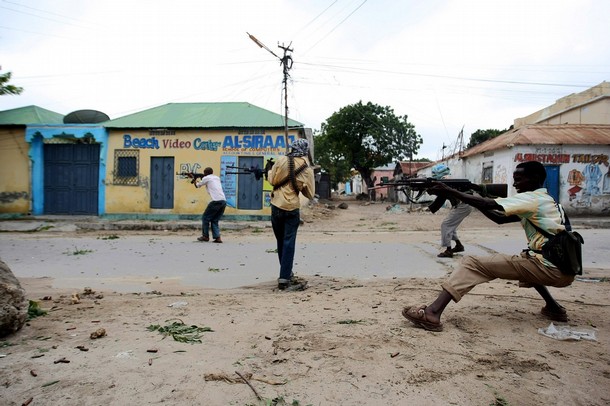
Street gunfight in Karaan, south-east
Oct 20, 2011 (African Arguments/All Africa Global Media) -- The model for
Somalis - unlike the Swiss but like most Africans - are stuck with a constitution that leaves total power in the hands of a president. Strong centralised states are the legacy of colonial rulers and unsurprisingly the inheritor governments have kept it that way. Terrible wars - such as those in
The odd factor is that
�Every man his own Sultan� is how one Ugandan visitor described the Somalis in the mid 19th century. Its nomadic tradition makes it a very self-sufficient, individualistic society bound by complicated codes of loyalty and rivalry. Within families and clans it is a very hierarchical society. But between families and clans it is very level, competitive. Somalis regard everyone as an equal. And they are used to defending themselves.
Traditionally disputes between Somalis were sorted out by the clan elders who would arrange compensation payments after clan or family battles or theft. In the north of
Somalia`s civil war began in the 1980s between clans in a winner takes all battle for total national power. The former British-ruled north west territory,
Although alliances have shifted, no formula has been devised that can bring peace at a national level. The only period of peace in the south was in 2005 when the clan warlords were defeated and Islamic courts took over the administration of justice and kept the peace. Some courts were harsh but southern
The rest of the city and much of the south was at the mercy Al-Shabaab, an Islamic fundamentalist movement. But Shabaab made the crucial mistake of not letting foreign aid enter the country during the worst drought since the 1980s. That turned the drought into a famine and turned the people against Shabaab, forcing them out of
This presents the government - known as the Transitional Federal Government (TFG) - with an opportunity to prove itself and deliver food and security to the people. But this is unlikely to happen according to Professor Ken Menkhaus, a Horn of Africa specialist. �This is the TFG`s best and probably last chance to do something right and capitalise on Al-Shabaab`s weakness by showing that it can and will govern well� he says. �I wish I could say I am hopeful it will, but the TFG`s track record so far points to the opposite conclusion - it has never missed the opportunity to miss an opportunity.�
The UN now talks glibly about restoring the Somali state and holding elections. This is the way to continue the war, not end it. Political parties in
Negotiations should then take place region by region about the relationship between them and the capital, leaving power in local - not national - hands. The zones should be soft bordered encouraging trade and dialogue between them. Taxes should be raised and spent locally. To act as the national security blanket a forum of clan leaders could be formed, joined by traders, businessmen, religious leaders, poets and musicians (both very important people in Somalia) - in fact a sort of Somali House of Lords to counterbalance the inept and greedy political class.
This forum might turn into a body that negotiates between groups and chooses who should represent
That is especially true of
Richard Dowden is Director of the Royal African Society and author of
� 2011 AllAfrica, All Rights Reserved
Somalia is Not a State
Timothy A. Ridout
The Huffington Post
July 13, 2011
Most think of
The TFG is not actually a government, and the state it purports to govern does not exist. Both are fictions perpetuated by the United Nations and its member states. By doing so, the international community is impeding peace, development and anti-piracy efforts in
In the strictly legal sense, the TFG is the internationally recognized government of the Somali state. But by every other measure, the Somali state ceased to exist in 1991, and no government has effectively administered all of
Puntland has governed itself as an autonomous region since 1998, but it has not officially broken ties with the rest of
The TFG has never enjoyed much support among Somalis. Created in 2004 after a peace conference in
After destroying the relatively moderate UIC and implanting the unpopular TFG in
Although the TFG`s mandate was set to expire in August 2011, it was recently extended for another year at a UN-sponsored conference in Kampala, Uganda. This was a mistake. Conferences held outside
Somaliland and Puntland were created by Somalis through extensive clan-based consultation, incorporating traditional leaders and culminating in local peace conferences. They have achieved levels of peace and stability unknown in the south.
Puntland initially flirted with democracy, but it has moved toward a more authoritarian model. Puntland`s first president was Abdullahi Yusuf Ahmed. Though criticized for his strong-arm tactics, he strengthened the state apparatus and helped build institutions. However, he soon became focused on leveraging his position to become the head of the TFG, and Puntland started to languish.
Yusuf led the TFG from 2004 until 2008. He was succeeded by Sheikh Sharif Sheikh Ahmed, who had been a prominent leader in the UIC.
Puntland still has a functioning government, but it has not lived up to its early potential. Piracy has flourished in Puntland because of corruption and lawlessness. Had the international community offered institution-building assistance in the early 2000s instead of trying to artificially reconstitute the Somali state, Puntland probably would not be the pirate haven it is today.
Last year, the Obama administration implemented a �dual-track� approach toward
Meanwhile, Puntland should be given incentives to root out corruption and enhance the rule of law. Assistance should be offered to help build its institutions and professionalize its security apparatus. Whether it declares full independence or someday forms a state with southern Somalia is Puntland`s decision to make.
Recognizing the reality on the ground and adjusting our policies would do much to help the Somali people. Continuing to pretend that
Timothy A. Ridout is a Master`s student at the Fletcher School at Tufts University
|
|
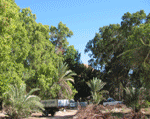 Sawirro Somaliya 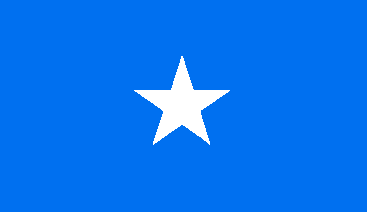 |
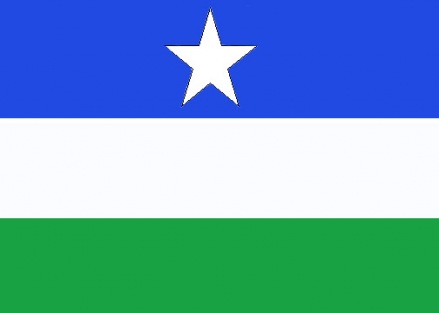
|
GOVERNANCE
The Scourge and Hope of Somalia A New Book By Ismail Ali Ismail 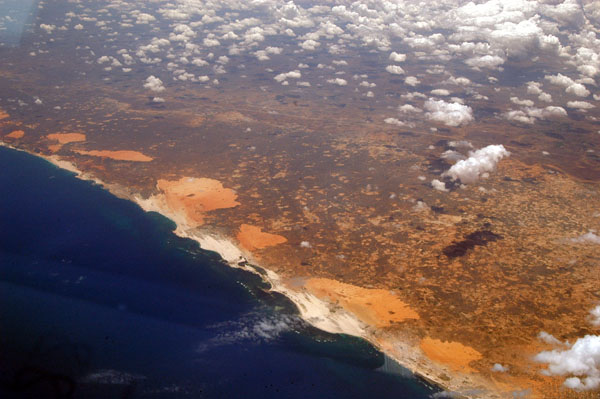 Which Way to the Sea, Please? By Nuraddin Farah Dhulkii Burcad-Badeedda .jpg) Budhcad Badeed Weli Qiil ma Leeyahay? 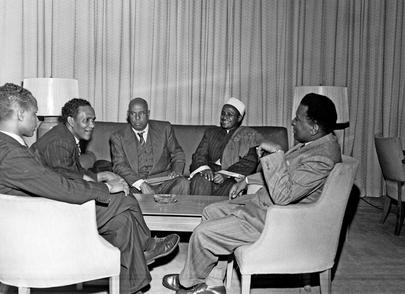 SYL LETTERS By A S Faamo |
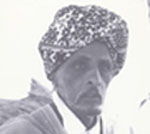 |
 |
© Copyright BiyoKulule Online All rights reserved�
Contact us [email protected] or [email protected] |

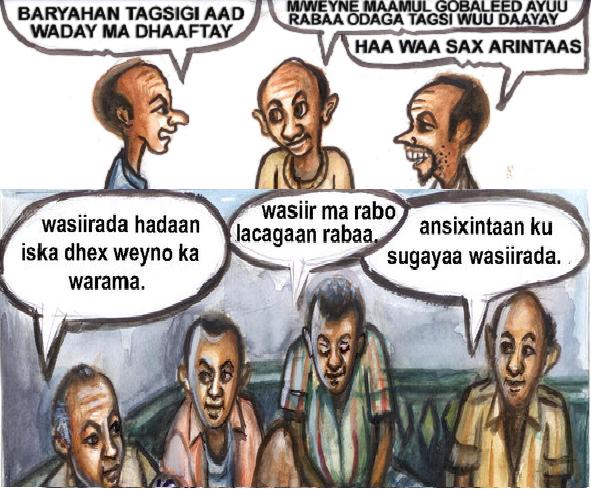
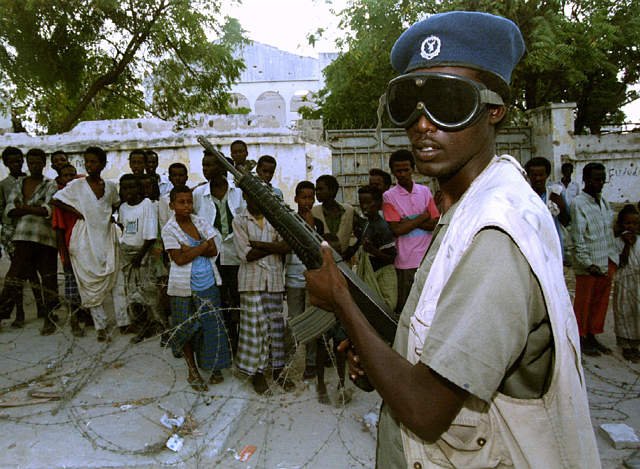


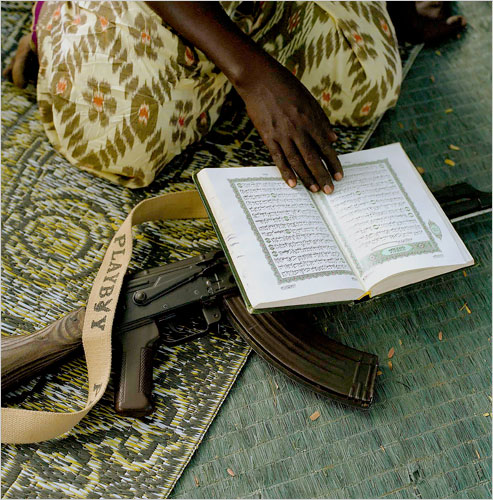

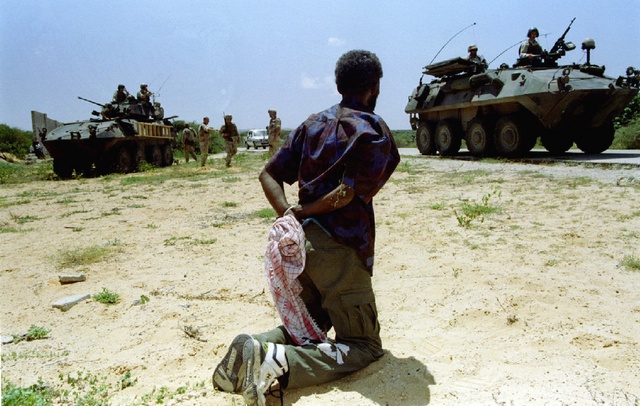
.jpg)




